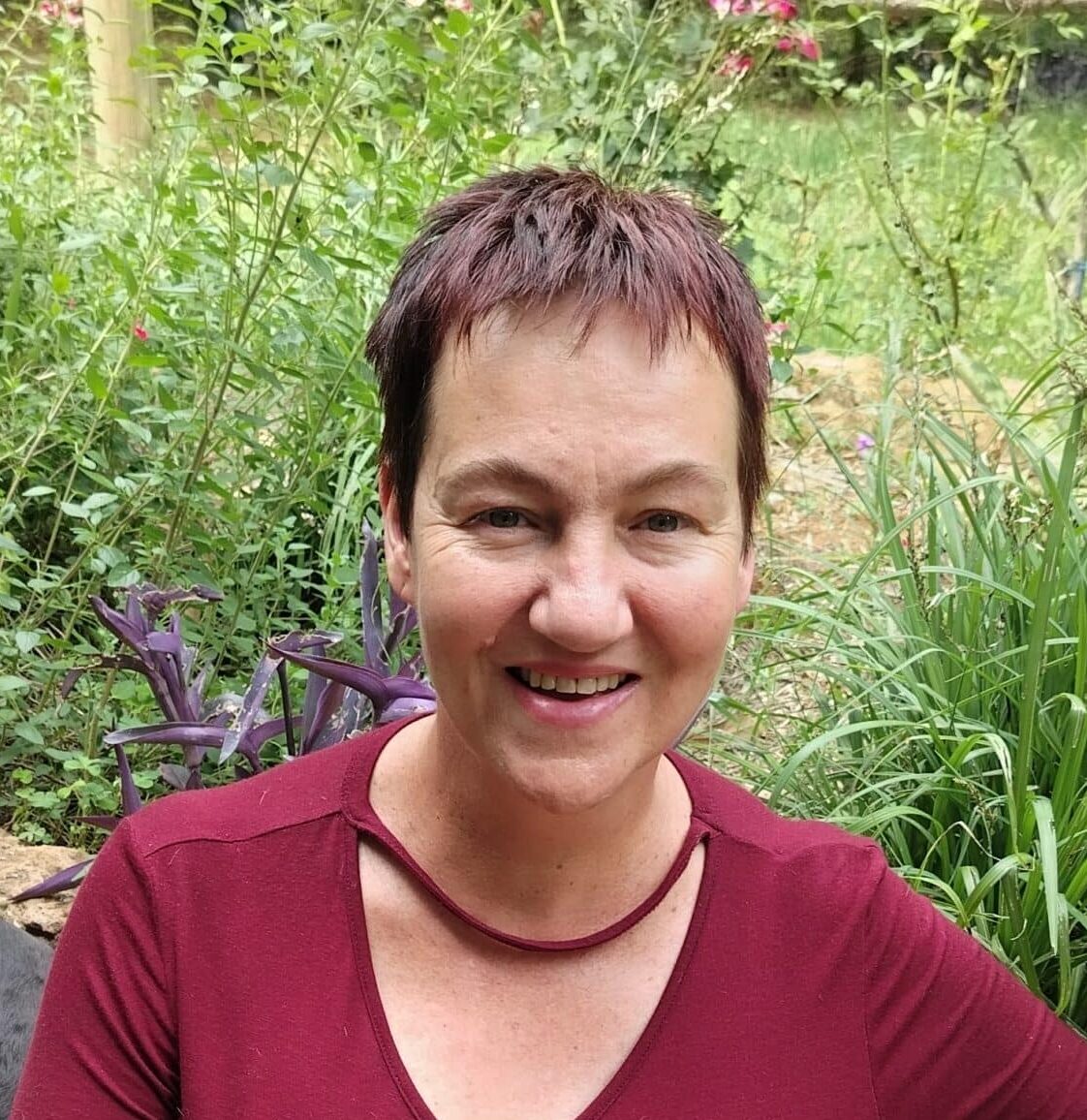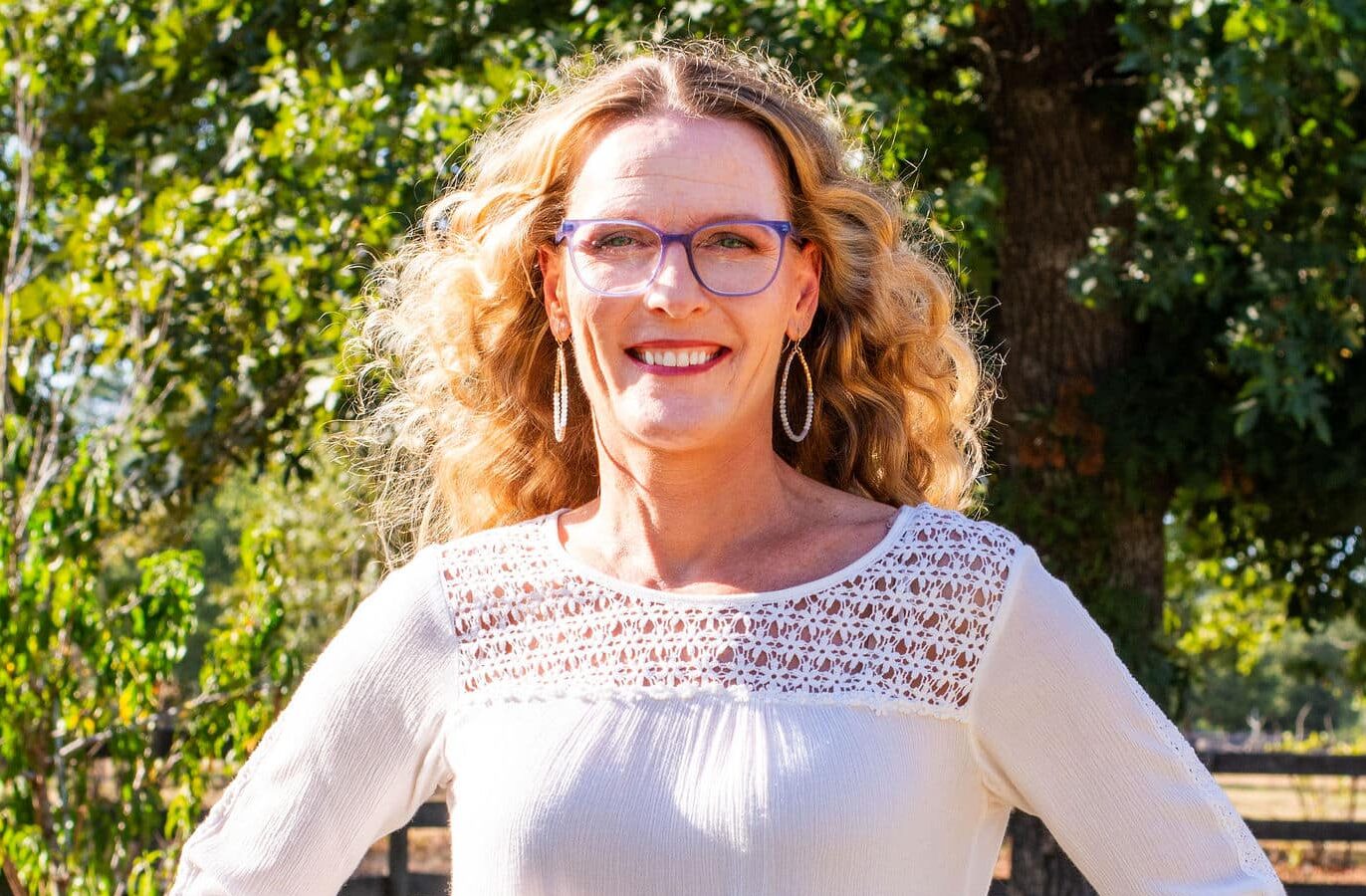What you put into your body is the foundation of your health.
“Food is Medicine,” a phrase we hear often is a term originally coined by Hippocrates, also known as the father of Western medicine.
Hippocrates taught that to prevent and treat diseases, one should start by eating a nutrient-dense diet.
For thousands of years, the earliest known doctors and health practitioners across the world have taught that a healthy diet is a powerful tool for protecting one’s health.
But because we have shifted away from natural remedies and many of us rely on a diet of processed, fatty, and sugar-laden food, the reality is that rates of obesity and disease have increased significantly.
If food has the power to prevent much of the chronic illness we experience today, then why aren’t we using it as medicine?

How does food work like medicine?
The foods we regularly put into our bodies help determine whether or not we will become ill, and whether we will remain healthy as we age.
Nutrient deficiencies and toxicity from a poor diet are linked to nearly all modern health conditions. Diabetes and heart disease are two that are highly influenced by diet.
Some of the ways food prevents disease include:
- Decreasing inflammation – Inflammation is the body’s attempt to heal itself after an injury, defend itself against foreign invaders like viruses and bacteria, and repair damaged tissue. Inflammation’s job is to heal, but in many cases, it also contributes to chronic diseases.
- Balancing hormones – Abnormal changes to your hormones can lead to accelerated aging, diabetes, obesity, fatigue, depression, low mental capacity, reproductive problems, and an array of autoimmune diseases.
- Balancing blood glucose levels – Poorly managed blood sugar levels can cause cravings, fatigue, neurological damage, mood disorders, hormonal imbalances, and more. It’s important to balance your blood sugar levels to avoid these symptoms and possible illnesses.
- Alkalizing the body – Low-quality processed foods make the body more acidic, which allows diseases to thrive more easily. An alkaline diet helps to prevent that from happening.
- Eliminating toxins – In modern society, we are bombarded by chemicals from our diet and environment. Toxicity contributes to inflammation, autoimmune diseases, infertility, hypothyroidism, fibromyalgia, etc.
How do we use food as medicine?
Eating a healing diet filled with medicinal foods that help prevent and treat diseases naturally is easier than you might think.
- Eat the way your hunter-gatherer ancestors ate – And that doesn’t have to mean eating a strictly paleo diet. Try fresh raw vegetables, organ meats and bone broth, probiotic foods, omega-3 foods, and healthy fats, high antioxidant foods, and high fiber foods.
- Make sure you’re getting your nutrients from food rather than supplements – Supplements aren’t intended to be a substitute for food. They can’t replicate all of the nutrients and benefits of whole foods, so wherever possible, get your nutrients through a varied and diverse diet.
- Find ways to reduce stress – Stress puts a significant strain on your digestive system and also makes it more challenging to make good nutritional choices. Reduce stress through movement, meditation, and self-care activities of choice.
- Each person’s needs are different – What works for one person may not work for someone else. You may need a coach who is trained in nutrition and habit change to help customize a plan that works for you and support you along the way.
Final thoughts
- The food you put into your body has an effect on inflammation levels, blood sugar, energy, hormones, brain, and heart health. When you choose to put the right foods in your body, they truly do act like medicine once consumed.
- Some of the most medicinal foods include vegetables and fruits, organ meats, grass-fed meats, healthy fats like coconut and seeds, sea vegetables, and high-antioxidant foods.
No one is better suited to help you shift your lifestyle than a health coach, so consider partnering with one to help you make your short-term changes into long-term habits. Health coaches have the knowledge and experience to help you get on the right path to living your best life and root for you along the way
Our Latest Blogs
-

Student Spotlight: Sonja Brink
Read Full Article: Student Spotlight: Sonja Brink -

Alumni Spotlight: Angela Balboa
Read Full Article: Alumni Spotlight: Angela Balboa -

FMCA Community Impact Scholarship Recipients For March 2026 Announced
Read Full Article: FMCA Community Impact Scholarship Recipients For March 2026 Announced

